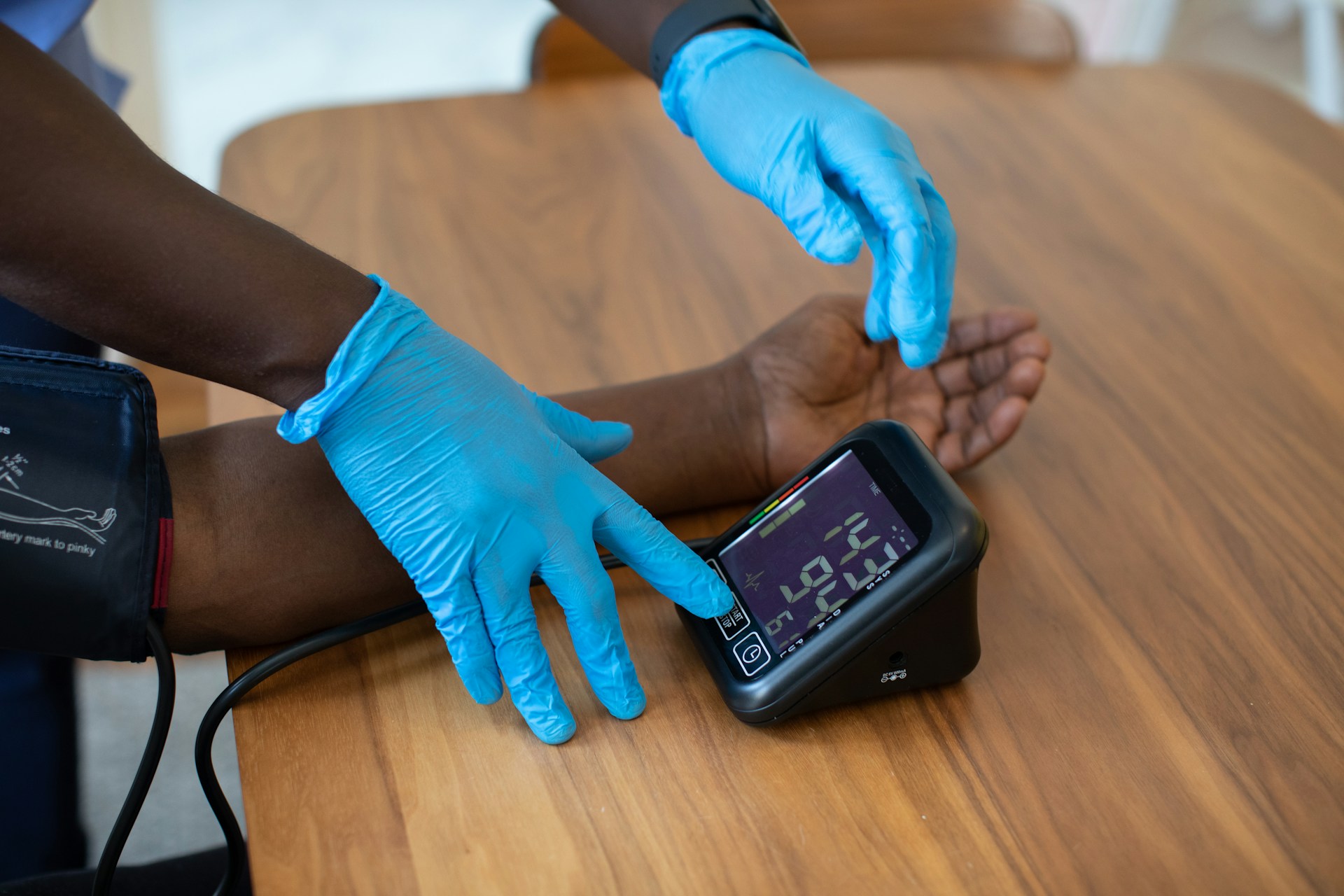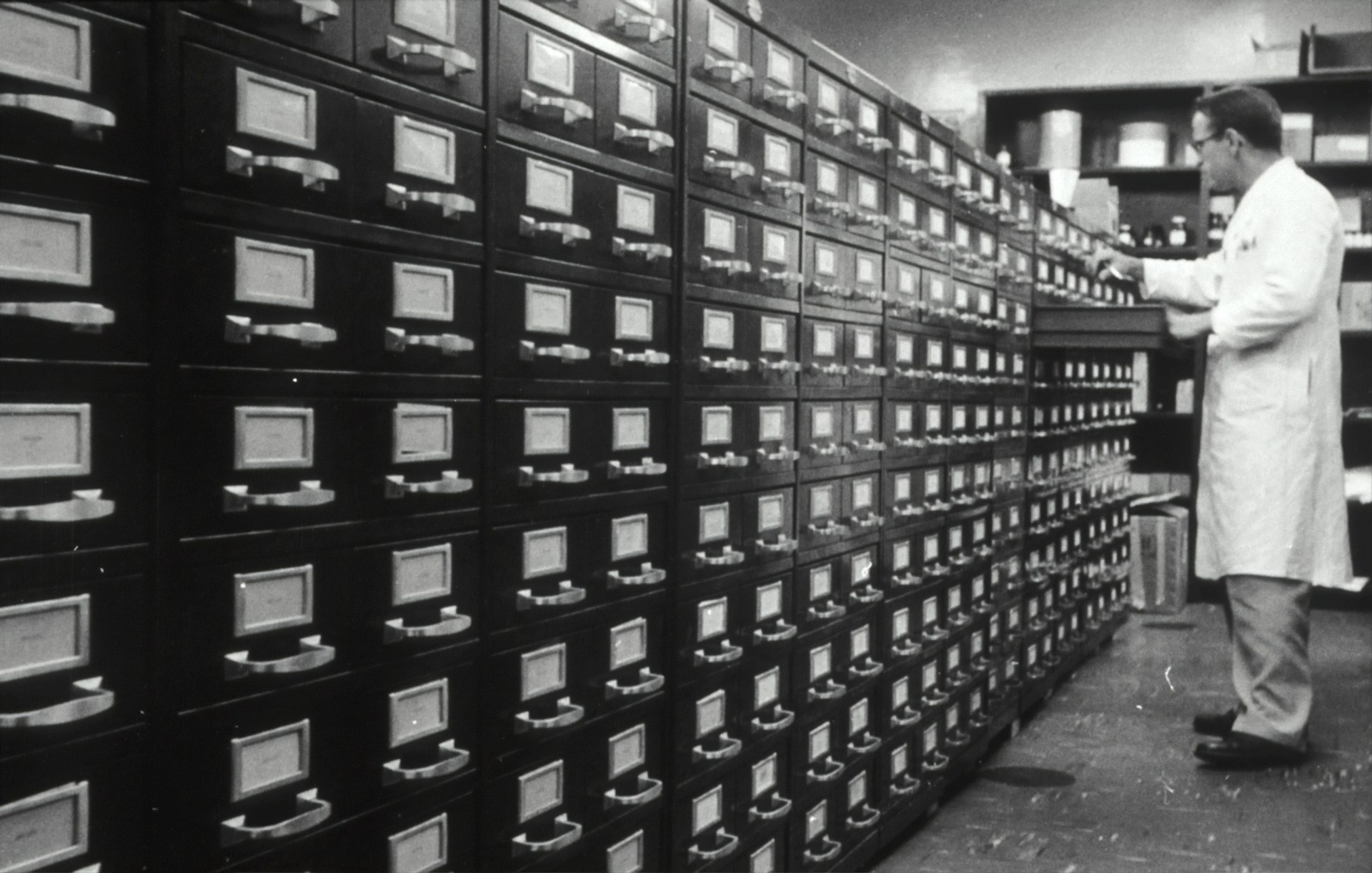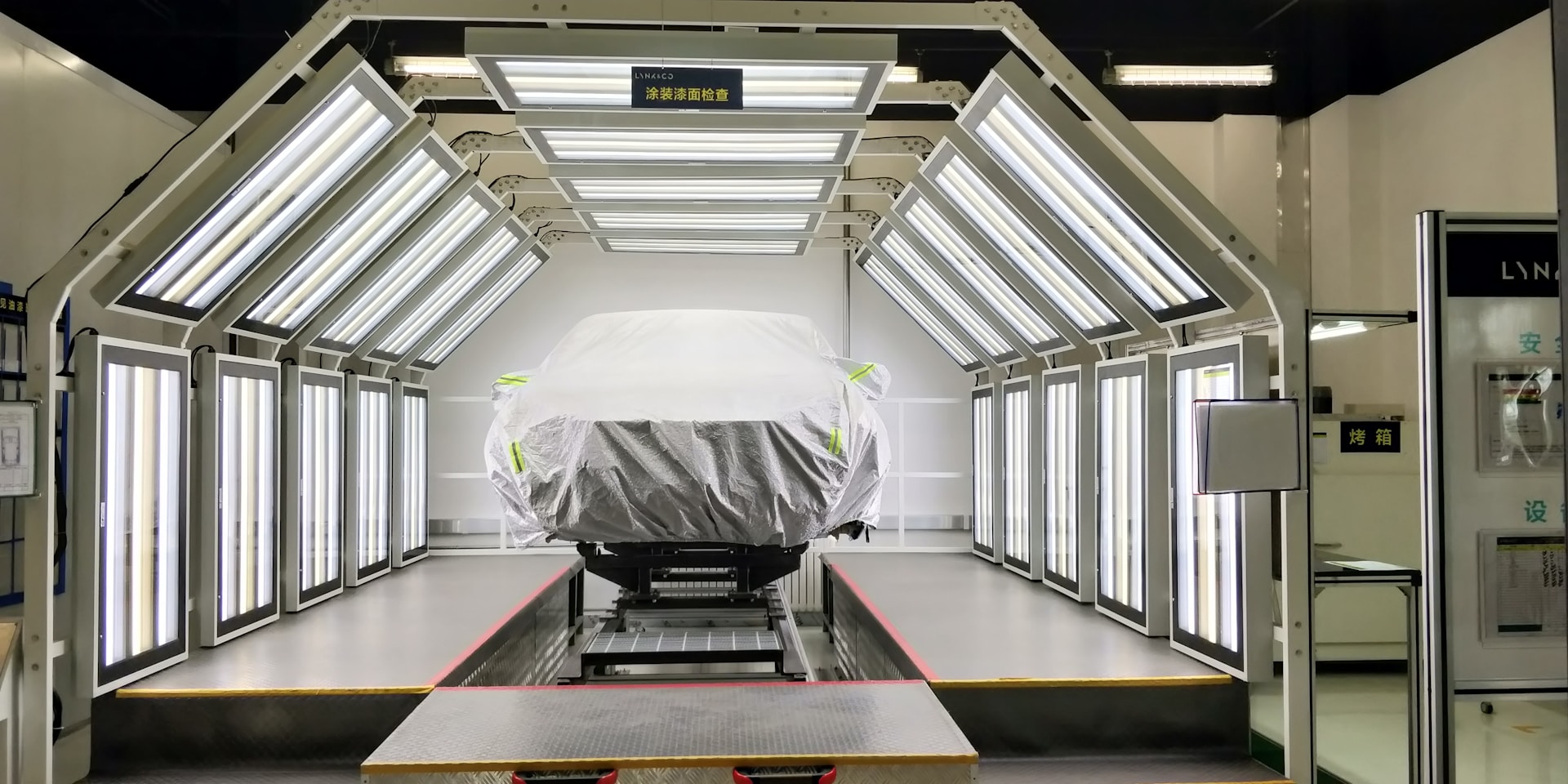
In today’s fast-paced world, prioritizing our health can often take a backseat. However, the importance of preventive care cannot be overstated. Regular check-ups are pivotal in maintaining our well-being and catching potential health issues before they escalate.
This blog post aims to shed light on how routine health screenings can lead to early detection of diseases, ultimately saving lives.
We’ll explore the various benefits of preventive care, its role in healthcare maintenance, and practical tips for incorporating regular check-ups into your life.
The Foundation of Preventive Care
Preventive care is a proactive approach to healthcare that emphasizes maintaining health and preventing disease.
Unlike reactive care, which addresses illnesses and conditions after they appear, care focuses on early intervention. Here are some key components and benefits of health screenings:
- Routine Check-Ups: Regular visits to healthcare providers help monitor overall health and identify potential issues early.
- Vaccinations: Immunizations protect against various infectious diseases, reducing the risk of outbreaks and complications.
- Health Screenings: Tests and screenings for conditions like high blood pressure, diabetes, and cancer can detect problems before they become serious.
By prioritizing early detection, individuals can significantly reduce the likelihood of developing chronic diseases and other serious health conditions. Key principles and benefits include:
- Early Detection: Identifying health issues at an early stage allows for timely intervention, which can be less invasive and more effective.
- Timely Intervention: For example, early detection of high blood pressure can lead to lifestyle adjustments and medication that prevent the progression of heart disease or stroke.
- Effective Treatment: Routine cancer screenings can identify malignancies at a treatable stage, increasing the chances of successful outcomes.
Healthcare maintenance through preventive care not only benefits individuals but also eases the burden on healthcare systems. Some broader benefits are:
- Reduced Incidence of Chronic Diseases: By addressing health issues early, health screenings can lower the prevalence of chronic ailments.
- Lower Healthcare Costs: Preventive measures can lead to fewer hospitalizations and medical procedures, reducing overall healthcare expenses.
- Improved Quality of Life: Patients experience better health outcomes and enhanced well-being through proactive healthcare management.
By incorporating these elements, preventive care stands as a crucial strategy in modern healthcare, promoting long-term health benefits and system-wide efficiencies.
The Role of Health Screenings in Early Detection
Health screenings are essential for preventive care, systematically identifying potential health issues before symptoms appear. Here’s why they are crucial:
- Detection of Risk Factors and Diseases
- Diabetes: Blood tests can reveal early signs of diabetes, enabling timely interventions to manage blood sugar levels.
- Cancer: Screenings such as mammograms, colonoscopies, and Pap smears detect abnormal cell growth, increasing the chances of successful treatment.
- Cardiovascular Conditions: Tests like cholesterol screenings and blood pressure checks can spot risk factors for heart disease and stroke early on.
- Regular Monitoring
- Regular screenings allow healthcare providers to monitor changes in a patient’s health. This ongoing surveillance is vital for catching issues early and providing timely interventions.
- Blood Pressure Checks
- Hypertension Detection: High blood pressure often shows no symptoms but can lead to severe complications if untreated. Regular checks can identify elevated levels early, preventing heart disease and stroke through timely intervention.
- Cholesterol Screenings
- Hyperlipidemia Detection: High cholesterol levels can increase the risk of heart disease and stroke. Early detection through cholesterol screenings allows for dietary and lifestyle changes to reduce these risks significantly.
- Cancer Screenings
- Early Cancer Detection: Screenings like mammograms, colonoscopies, and Pap smears are crucial for early cancer detection. They can identify abnormal cell growth before it turns malignant, improving the chances of successful treatment and recovery.
Health screenings play a vital role in early detection. Regular screenings enable timely interventions, reducing the risk of severe health complications. Ensure you stay proactive about your health by scheduling regular screenings.
Benefits of Regular Check-ups
Regular check-ups provide a range of benefits that extend far beyond simply detecting specific diseases. Here are some key advantages:
- Enhanced Patient-Provider Interaction:
- Enable individuals to engage directly with healthcare providers.
- Facilitate discussions about concerns and personalized health advice.
- Foster strong patient-provider relationships, crucial for effective healthcare management.
- Comprehensive Health Monitoring:
- Routine assessments of vital signs, weight, and other health indicators.
- Provide a detailed overview of an individual’s overall health.
- Allow healthcare providers to identify trends and potential issues early on.
- Enable proactive management of health risks.
- Preventive Measures:
- Ensure individuals stay current with recommended vaccinations and screenings.
- Protect against preventable diseases.
- Maintain optimal health through timely immunizations and health checks.
- Early Diagnosis and Treatment:
- Facilitate early detection of health conditions.
- Enable less complex and more effective early interventions.
- Reduce the likelihood of complications.
- Improve long-term health outcomes.
Regular check-ups are essential for maintaining overall health and wellness, providing opportunities for personalized healthcare, and ensuring proactive disease prevention and management.
Overcoming Barriers to Preventive Care
Preventive care plays a vital role in maintaining public health, yet many individuals encounter obstacles that hinder their ability to access regular check-ups and screenings.
Addressing these barriers is essential for promoting the widespread adoption of care practices. Here are the key challenges and potential solutions:
- Lack of Awareness
- Challenge: Many individuals are unaware of the substantial benefits of preventive care, such as early detection of diseases and improved long-term health outcomes.
- Solution: Public health campaigns and educational initiatives can significantly increase awareness. These efforts should focus on informing individuals about the importance of regular check-ups and screenings.
- Financial Constraints
- Challenge: High healthcare costs and insufficient insurance coverage can deter individuals from seeking care.
- Solution: Expanding access to affordable healthcare and implementing financial assistance programs can alleviate this burden, making it easier for individuals to seek necessary preventive services.
- Limited Access to Healthcare Services
- Challenge: Rural and underserved areas often lack sufficient healthcare facilities, making it difficult for residents to access healthcare maintenance.
- Solution: Telemedicine and mobile health clinics provide innovative solutions to this issue by offering convenient and accessible options for prevention and care, thus bridging the gap for those in remote locations.
Addressing these barriers is crucial for ensuring that more individuals can benefit from preventive care, ultimately leading to better health outcomes for the broader population.
Practical Tips for Incorporating Preventive Care into Your Life
Incorporating preventive care into your daily routine need not be overwhelming. With a few strategic steps, you can prioritize your health and ensure you stay up to date with regular check-ups and screenings. Here are some professional tips to guide you:
- Schedule Regular Appointments
- Annual Check-ups: Make it a habit to schedule yearly appointments with your primary care provider and mark these on your calendar to avoid forgetting.
- Reminders and Alerts: Utilize reminders and alerts on your phone or email to stay on track with your healthcare appointments.
- Stay Informed
- Health Screenings and Vaccinations: Keep yourself informed about recommended health screenings and vaccinations based on your age, gender, and medical history.
- Reputable Health Information: Sign up for newsletters and follow reputable health organizations to stay updated on the latest care guidelines.
- Maintain a Healthy Lifestyle
- Balanced Diet and Regular Exercise: Adopt a balanced diet, exercise regularly, and avoid smoking and excessive alcohol consumption. A healthy lifestyle can significantly enhance your care efforts.
- Regular Monitoring: Monitor your weight, blood pressure, and cholesterol levels regularly and seek medical advice if any abnormalities are detected.
- Build a Support System
- Family and Friends: Encourage family and friends to join you in prioritizing healthcare. Having a support system can motivate you to stay committed to your health goals.
- Community Engagement: Share your preventive care experiences and tips with others, fostering a sense of community and mutual encouragement.
Learn more about how these steps can help you maintain optimal health and prevent potential health issues.
The Future of Preventive Care
The future of preventive care is being reshaped by technological advancements that are revolutionizing healthcare delivery. Key innovations driving this transformation include:
- Artificial Intelligence (AI):
- Early Detection: AI algorithms analyze vast amounts of health data to identify patterns and predict potential health risks.
- Personalized Interventions: This technology aids healthcare providers in making informed decisions and tailoring healthcare care plans to individual needs.
- Wearable Devices:
- Real-Time Monitoring: Fitness trackers and smartwatches offer real-time monitoring of vital signs and physical activity, providing valuable health insights.
- Proactive Health Management: By integrating wearable technology, individuals can take a proactive approach to managing their health.
- Telehealth:
- Virtual Consultations: Telehealth enables individuals to connect with healthcare providers from the comfort of their homes, reducing travel and wait times.
- Enhanced Access: It enhances access to healthcare, especially for those in remote or underserved areas.
These innovations are making preventive care more accessible, personalized, and empowering, heralding a new era in healthcare where individuals are more engaged in managing their well-being.
Conclusion
Preventive care is a powerful tool for maintaining health and preventing disease. By prioritizing regular check-ups and health screenings, individuals can detect potential health issues early and take proactive steps to address them.
The benefits of healthcare prevention extend beyond individual health, contributing to the overall well-being of communities and reducing the burden on healthcare systems.
By staying informed, maintaining a healthy lifestyle, and seeking regular medical advice, individuals can harness the full potential of healthcare maintenance.
To learn more about the importance of preventive care and how it can benefit you, consider booking a consultation with a healthcare provider today. Your health is your most valuable asset, invest in it wisely.



















































